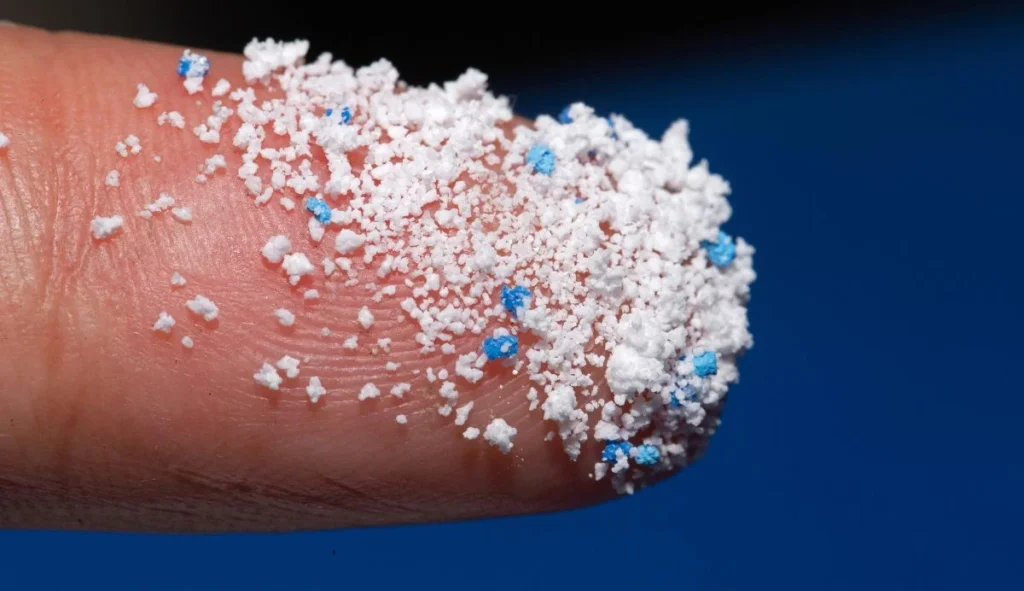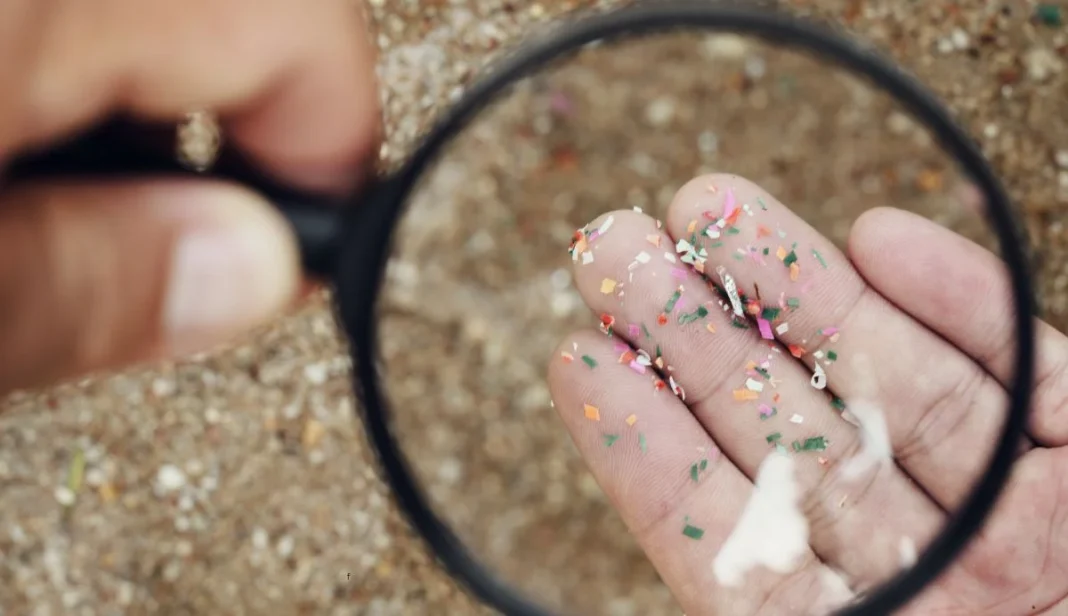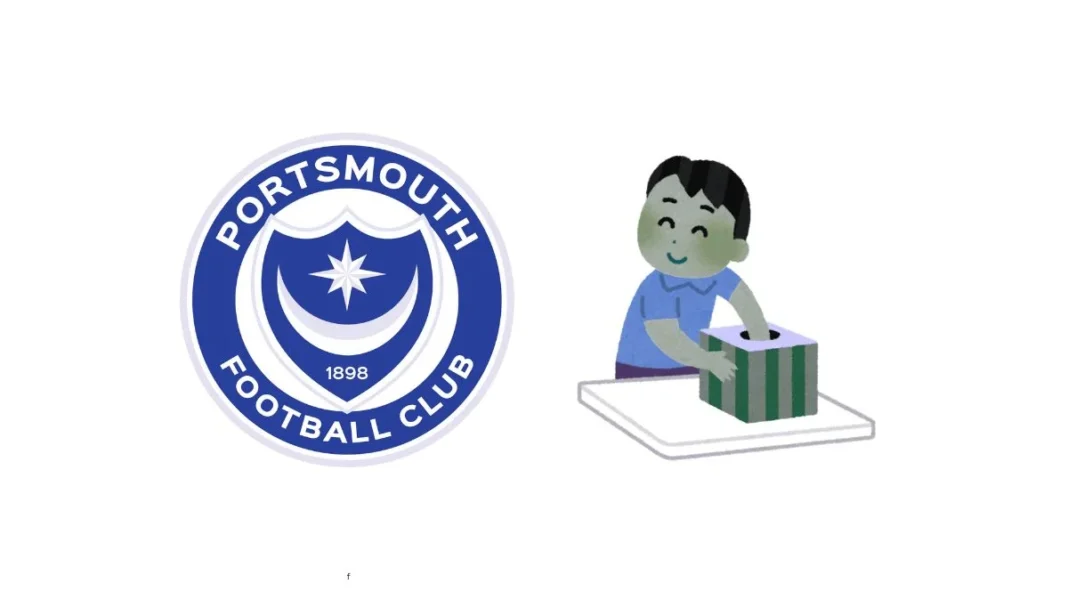University of Portsmouth research shows citizen science could be vital for monitoring microplastic pollution, despite concerns over varied research methods clouding global understanding of coastal contamination.
Fresh research from the University of Portsmouth has underscored the expanding importance of public participation in addressing microplastic and mesoplastic contamination – amongst Earth’s most widespread pollution challenges. Whilst scientists frequently caution that inconsistent standardised procedures risk confusing findings, this investigation demonstrates that community engagement might be crucial for addressing information shortfalls, with comparability being more important than uniformity.
The investigation evaluated three prominent sampling techniques at coastal locations across southern England. These approaches encompassed two public science sampling methods – the Big Microplastic Survey (BMS) and the Australian Microplastic Assessment Project (AUSMAP) – alongside scientific guidelines from the European Union Marine Strategy Framework Directive (MSFD). Utilising volunteer researchers, the team examined how each technique performed regarding data accuracy, user-friendliness, and flexibility under practical conditions.
Researchers discovered no universal solution exists, with the extensive range of current methodologies hindering attempts to create a unified worldwide understanding of coastal plastic contamination.
“Our findings showed the BMS approach frequently identified more plastics compared to alternatives, particularly during uncoordinated surveys,” explained co-author Dr Michelle Hale, Head of the School of the Environment and Life Sciences at the University of Portsmouth. “However, each technique offers distinct advantages. AUSMAP proved quickest and most user-friendly in field conditions. MSFD, whilst slower and more complex, provides scientific precision when laboratory access is available.”
This investigation emerges during heightened concerns regarding ocean plastic influx, currently estimated between 5 and 13 million tonnes annually. Microplastics (below 5 mm) and mesoplastics (reaching 25 mm) pose particular risks, being readily consumed by marine organisms and potentially infiltrating human food supplies.

Volunteers have emerged as crucial contributors to plastic pollution monitoring beyond simple collection efforts. Yet this expanding citizen science initiative, despite significant promise, contains limitations. Absent consistent sampling procedures, cross-regional, cross-study and cross-methodology data comparison presents substantial difficulties.
The research team stops short of advocating for unified global standards currently. Instead, they propose developing improved cross-methodology comparison instruments and additional research matching techniques to particular environments.
- Portsmouth Uni and Mary Rose Trust digitise 40 years of footage
- Portsmouth University Relaunches Life Sciences Institute
“Ideally, universal protocol adoption would be beneficial,” stated Dr David Jones, who created the BMS method and conducted this study during his Portsmouth University PhD. “However, worldwide coastal geological variations create complications. We shouldn’t discourage volunteer participation – nor would we want to. Our current objective should focus on maximising their contributions, regardless of methodological differences.”
The publication stresses that flexibility, rather than standardisation, represents a more practical forward direction. By emphasising comparability over conformity, scientists might transform this scattered data collection into unified environmental action.
Dr Hale concluded: “Regarding comprehension of our plastic-contaminated shorelines, every data fragment matters – regardless of collection methodology.”



